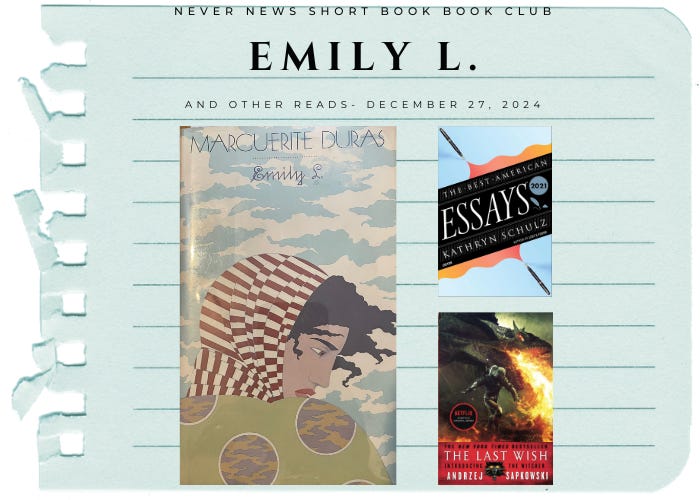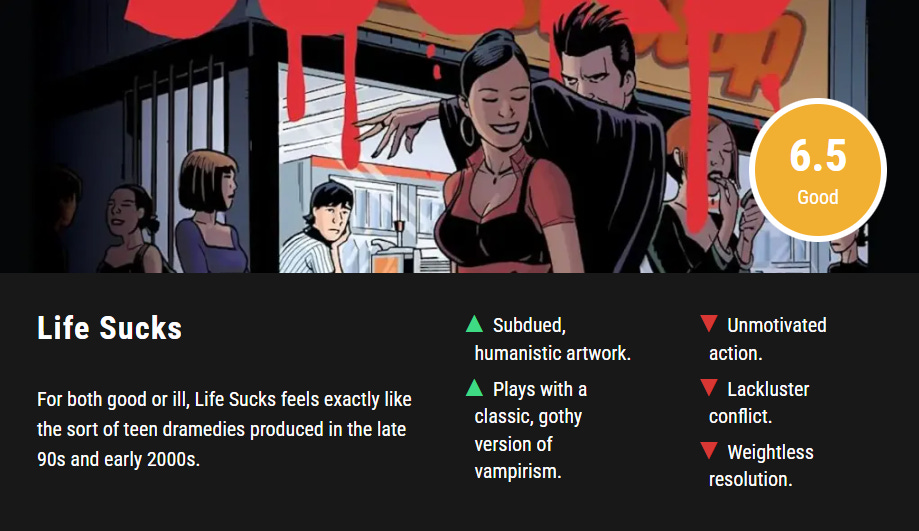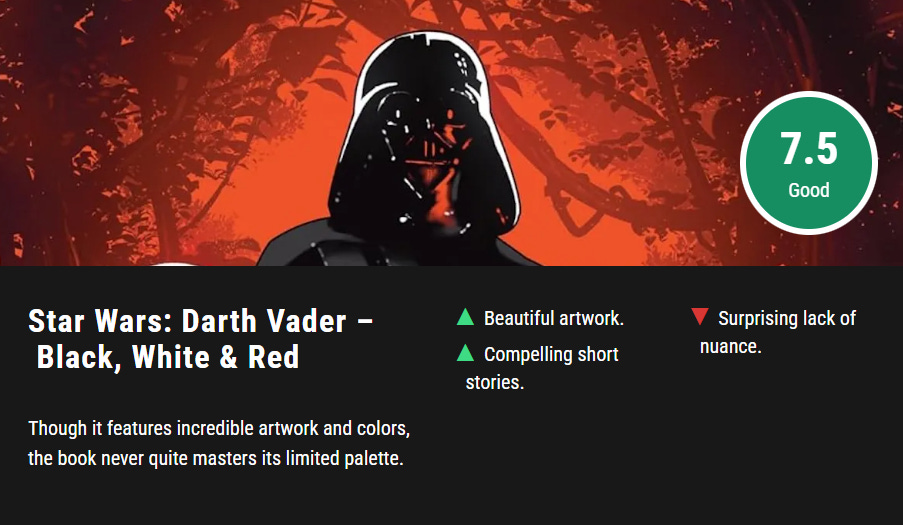It seems almost a trope, now: a couple sitting in a public space and imagining stories about the people they see. It’s the sort of thing teenagers used to do at malls in movies, a shorthand for portraying the sensitive, empathetic sides of young heroes and heroines of indie dramas.
In Marguriete Duras’ Emily L, the practice becomes the whole engine by which the novel powers the emotions of its central narrator and her partner. Rather than cute, quirky, and playful, the game of narrating the unknown lives of others becomes pointed, revealing, and potentially devastating.
A playfully bickering French couple on holiday — writers the both of them — find themselves observing an older English couple in a bar. The English couple’s story begins to emerge as an act of that observation — it begins almost as if the narrator has disappeared and the prose becomes omniscient; it isn’t immediately apparent that the French woman is relating a story she may or may not be planning on writing.
Because that narrator is talking about her own feelings, isn’t she? A woman engaged in a sort of emotional affair while still, somehow, trying to remain true to a marriage that is slowly reaching its end — the reader can use this bit of playful fiction as a lens by which to view the unhappy relationship the novel begins with. This is the story her partner doesn’t wish for her to write: a story of a child lost, of near-infidelity, of degrading feelings for a man who is more and more coming to resemble a traveling companion rather than a lover.
A while back the comic writer Chip Zdarsky made this joking observation in one of his newsletters: “When people ask me what kind of novels I read I tell them my favourite genre is “New York Couple Going Through a Divorce”. That’s a painfully accurate summation of the sorts of novels I go for as well, and The Lover misses all but the geography of the thing.
The trouble is, I found the novel a tad tedious — it took me much longer than its 110-ish pages should have — because it whimpers around quite a bit before it quite figures out what it wants to be. The true narrative of the story gets bottlenecked behind vaguely racist rants about Korean people and the couple entering and exiting the establishment a handful of times.
I’ve noted previously that I’ve got a bit of a concern about reading literature in translation — I fear some of the poetry must, by its nature, be lost in that translation. That doesn’t mean that Duras’ translator here (Barbara Bray) doesn’t land some powerful sentiments, like
“I don’t know if love’s a feeling. Sometimes I think it’s a matter of seeing. Seeing you.”
or
“Being a writer consists in not knowing.”
I was hoping we could discuss the book without somehow discussing what seems to be a sort of baked-in hatred, but I worry that we can’t.
Early in the novel, a group of ‘Koreans’ are introduced, and our POV protagonist reacts to their presence with a sort of revulsed horror — whether they are Korean or not doesn’t matter, as she sort of associates them with all Asian people. An anti-Asian sentiment recurs throughout the novel, and without a deeper understanding of Marguriete Duras’ life and actual opinion of the peoples of an entire continent, it’s hard to understand where this cruel revulsion comes from (or even if it’s genuine).
A cursory scan of her Wikipedia page tells us that Duras was raised in French Indochina — France’s imperialistic holding of what is now Vietnam. She spent a lot of her life in Vietnam; she spoke Vietnamese. Her most famous work (at least in America), The Lover, is about an affair with a Vietnamese man. All of these hallmarks might make someone believe that she had a fondness for an entire race of people, not a hatred.
It’s such a strange bottleneck — a lot of diatribes, a lot of remembering and going over the Koreans — and holds the novel back from beginning with any urgency. Without a deeper understanding of the writer and her life, it is utterly confounding. ★★☆☆☆
I have the tendency of picking up anthologies, reading the first couple of pieces inside, and then forgetting that I’m reading the book altogether — something about the disparate nature of the content inside, something about finishing a story or essay and calling it good. I do this with Lit mags, too — issues of McSweeneys and Ninth Letter sitting on shelves barely engaged with. There’s a guilt to that reader’s neglect we won’t get into here.
I’ve had a copy of The Best American Essays 2021 since, well, 2021, and had only read the first essay (Elizabeth Alexander’s ‘The Trayvon Generation’, originally published in The New Yorker). Eager to understand the literary essay better, I thought it wise to finally address the volume (and perhaps submit to an eBay binge, where all the Best American books can be found for four bucks or so once they’re a few years past expiration).
Early this week I read the third essay in the collection, Molly McCully Brown’s ‘The Broken Country’ (Virginia Quarterly Review), in which the author discusses the troubled relationship between her sexuality and cerebral palsy. She writes
“Chronic pain makes you good at abandoning yourself. It teaches you to ignore your body until it insists on being noticed, until your joints ache too badly to stand, until something buckles. . .”
and the sentiment of abandoning yourself felt so familiar, as a chronic depressive (not to take her pain and try to make it mine) that I immediately underlined the passage without knowing what I would do with the sentiment. Depression does make you abandon yourself, occasionally, but I think the opposite is also true: depression makes you all too aware of yourself, it traps you within yourself.
Both are true; an essay like Brown’s has a way of making you all too aware of someone else — she manages a perfect bridge of empathy in her personal narrative, and it’s rather fine work. ★★★⯨☆
I very occasionally get the hankering for fantasy — something this household calls (with none of the condescension that the term implies) ‘dumb elf books’ — and when I do it’s almost entirely motivated by being excited about Dungeons & Dragons (which I haven’t played in nearly a decade).
It was a different game entirely that made me pick up The Witcher: The Last Wish; the release of the teaser for The Witcher IV made me so excited that I also started playing The Witcher III again despite having put 150 or so hours into it on a different system (I milked that game for all it was worth, and I appear to be doing it again).
I had been led to believe that The Witcher books weren’t very good, but as I’m reading this first book I’m starting to realize that maybe that assessment comes entirely from the fans of the franchise whose interests lie in gaming and not necessarily reading, and I can understand that. It’s strange to read about a character that you’ve spent precious days of your life role-playing and not have that character be who he was in your time as that character.
What impresses me about The Last Wish is that it’s structured very much like a modern novel of literary fiction: this first book is a series of loosely connected short stories, vignettes of different small adventures and encounters with the strange monsters of the Witcher world. It forgoes what I most abhor about fantasy (and what most fantasy fans adore about their genre): exposition-heavy world-building. That tendency in fantasy writers to explain to you how every little facet of their universe works tends to delay any actual narrative in favor of blocks of world history and magic mechanics, page-long descriptors of the vaguest contextual economic factors of plot locations, and longwinded histories about magic objects.
The stories in The Last Wish just go ahead and move. It’s as if Sapkowski is genuinely interested in the depth of character and circumstance over the origins of his monsters; even the political intrigue is relayed naturalistically in dialogue rather than exposition.
I suspect that I’ll be writing about my relationship with fantasy more in-depth at some point, so I’ll leave it here: it’s a pretty solid book for people who can stomach swords and/or sorcery, and it might be more palatable than some of the intensive epics for readers who don’t usually go in for these sort of things.
AiPT Reviews This Week:












That quote about chronic pain is (sad) true.